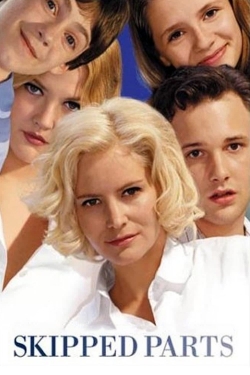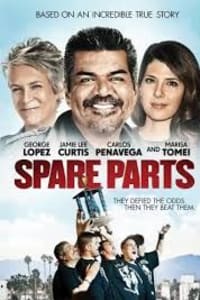


When your interviews were more hostile, they fit with the image you played up of yourself as a Hollywood outsider. You could still ask your masturbation question, but with class. But my point is that I try to hit all the bases. Or one hand holds the tissue over the iPad camera, because I’m paranoid. Come to think of it, one hand works the iPad and the other jerks off. I didn’t give a about that, because I jerk off with one hand, too. Twenty years ago you definitely would’ve found a way to turn an interview with a one-armed drummer into a bunch of masturbation jokes. No one has ever talked to me about this in this way.” That is more interesting to me than whether or not he voted for Trump. You’re a drummer, and you have one arm! How do you overcome that? So at the appropriate moment we got into it, and afterward he said: “Thank you. But I didn’t want to ignore the fact that this horrible thing happened to him. The drummer who lost his arm, Rick Allen - before he walked in I was like, I don’t know what his sensitivity is with the arm. I was interviewing Def Leppard the other day. Are you ever interested in someone’s thoughts about politics or the world beyond their immediate lived experience? It’s not that I’m not interested.

Your current interviews are almost always biographically driven. I was feeling that there was something to be learned. Then I started to get off on the fact that when I talked to these people, they had had similar experiences to mine. Before, I had closed myself off to everyone. Was there a “eureka” moment when you understood that you wanted to talk to your guests in a different way? I wouldn’t say there was one moment where I went, “I’m done with this. I’m still that guy who will go on the air and blast whatever I think is horrible, but I’ll also allow myself to be a fan. I loved Led Zeppelin, but I’d go on the radio and tear them a new. I can’t tell you how obscured that information was from me. By going into therapy I developed empathy and began to care about the fact that I was a fan of some people. You know, back then I loved Gilda Radner, 3 and so when she went running out of the studio because I was a madman, I felt bad. 2ĭid you ever try? You’re right, I never tried. The problem was that, in the old format, you couldn’t. I had always wanted to do interviews that had substance. If I had allowed someone to give a thoughtful answer on terrestrial radio, within five words I would have thought my audience was tuning out. 1 It’s that they weren’t real interviews. It’s not that the interviews I was doing were bad radio. But as much as you feel embarrassed by those old snotty interviews, would you trade having done them for the type of interviews you do now? Your old style is part of what made you rich and famous. You used to be known for doing these antagonistic celebrity interviews, which you now say made for bad radio. “Don’t get me wrong, I was fascinated, but I couldn’t be that guy anymore.” “I had interviewed every porn star about every orifice,” Stern says of his wilder days. His first new book in more than 20 years, “Howard Stern Comes Again,” showcases this transformation and his refined conversational style. Stern, 65, has gradually become a master interviewer, one consistently able to elicit honest emotion and genuine insight from his celebrity guests. Since moving from terrestrial to satellite radio in 2005, though, he has altered his legacy in ways that only an especially optimistic oracle might have foreseen. Howard Stern will forever loom large in radio history as the medium’s bawdiest personality, a man whose hugely popular shock-jock antics during the 1980s and ’90s spawned a legion of drive-time loudmouths.


 0 kommentar(er)
0 kommentar(er)
